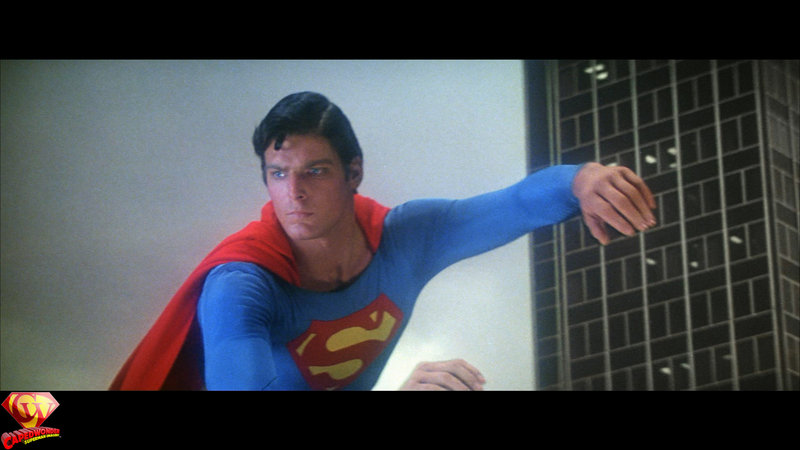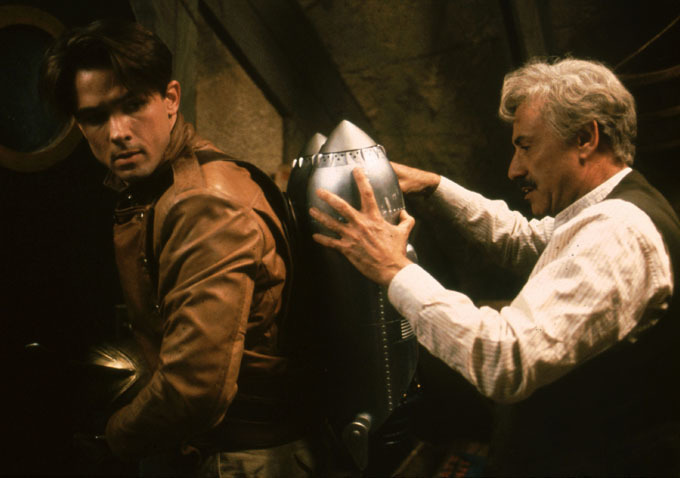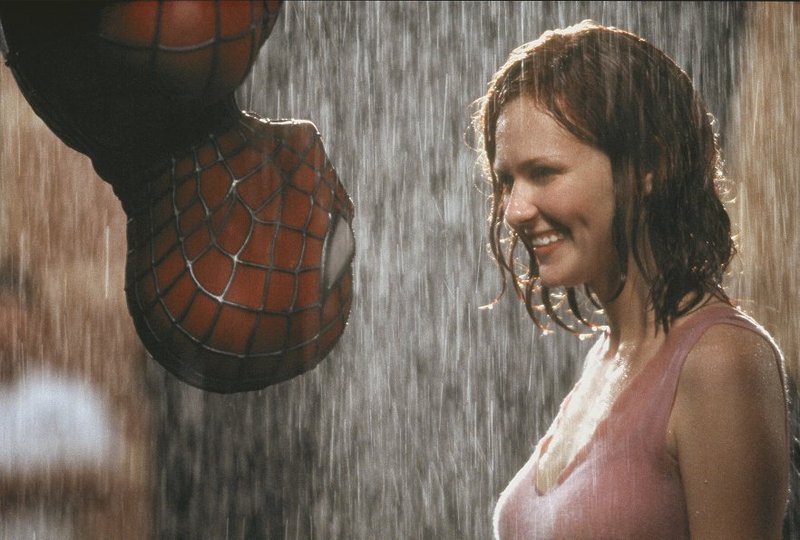With no fewer than five superhero movies hitting the multiplexes this summer (“Iron Man 3,” “Man of Steel,” “The Lone Ranger,” “The Wolverine” and “Kick-Ass 2”), it’s strange to think there was a time when the genre did not stand astride the cinematic landscape like Giant-Man or, you know, Colossal Boy from the Legion of Super-Heroes (neither of whom is scheduled for his own movies anytime soon).
For most of screen history, superhero stories were thought of as disposable kid stuff, juvenile time-wasters without any claim to cinematic prestige or (ha!) art.
Nowadays, of course, the comics field, both on and offscreen, attracts some of the most acclaimed writers (Grant Morrison, Neil Gaiman, Alan Moore), actors (Robert Downey Jr., Christian Bale, Mark Ruffalo, the late Heath Ledger) and directors (Christopher Nolan, Bryan Singer, Sam Raimi) in the business.
And the resulting films, despite quite often sucking beyond the telling of it (“Catwoman,” “Daredevil,” “The Fantastic Four,” “Ghost Rider,” “Green Lantern”), routinely empty the nation’s wallets to such an extent that, well, you’d think a superhero would be called in to put a stop to it.
But when was the tipping point, when superhero movies suddenly became respectable and grown-ups stopped feeling silly arguing about them at parties?
There were early stirrings as early as “Superman” (1978), when, by sheer force of star power and financial success, people were forced to take notice.
It didn’t hurt that, despite some truly dreadful ideas that show how little director Richard Donner respected the medium (Supes reversing time by spinning the Earth backwards? C’mon ), the film found the most ideal embodiment its iconic character could ever have hoped for.
Christopher Reeve simply was Superman, imbuing him with a balance of naivety and otherworldliness which, coupled with the film’s groundbreaking effects, went a long way towards making people believe a man could fly.
After the “Superman” sequels squandered its early promise through increased jokiness, absurd miscasting and increasingly weak scripts, the genre floundered until 1989, when Tim Burton’s “Batman” captured the nation’s attention with Burton’s signature blend of fetishized graphic design and incoherent storytelling.
But I kid the most overrated director in town. It’s just that Burton was less interested in exploring the superhero genre for its own inherent possibilities than in making a Tim Burton movie: Glib, self-indulgent and empty. (And don’t start with me about “Batman Returns,” which is even worse. Yeah, I said it.)
No, I’d pinpoint the birth of the contemporary superhero movie with 1991’s mostly forgotten “The Rocketeer.” Based on the indie comic series by the late Dave Stevens, this exuberantly respectful retro fantasy is about a 1930s daredevil pilot who finds a stolen jetpack and fights the Nazis.
With Billy Campbell channeling Reeves-ian purity and sense of fun to his hero, “The Rocketeer,” while not a classic, is the first movie to truly embrace the spirit of the superhero genre. Plus, it’s lots of fun.
Things went dark after that, with the ’90s comics’ grim-‘n’-gritty sensibility being translated to the bloody likes of “The Crow,” “Blade” and “Spawn,” transforming the film genre into something both adult and immature at the same time and threatening to shunt the superhero movie off to the fringes forever.
It took the new millennium and a couple of A-list directors to make the superhero movie into the juggernaut (get it?) it is today.
Bryan Singer’s “X-Men” (2000) and especially Sam Raimi’s “Spider-Man” (2002) finally put their venerable characters in the hands of some talented nerds who paid them the proper respect while utilizing their considerable storytelling skills to make, at last, a superhero flick worthy of the name.
Dennis Perkins is a Portland freelance writer.
Send questions/comments to the editors.





Success. Please wait for the page to reload. If the page does not reload within 5 seconds, please refresh the page.
Enter your email and password to access comments.
Hi, to comment on stories you must . This profile is in addition to your subscription and website login.
Already have a commenting profile? .
Invalid username/password.
Please check your email to confirm and complete your registration.
Only subscribers are eligible to post comments. Please subscribe or login first for digital access. Here’s why.
Use the form below to reset your password. When you've submitted your account email, we will send an email with a reset code.